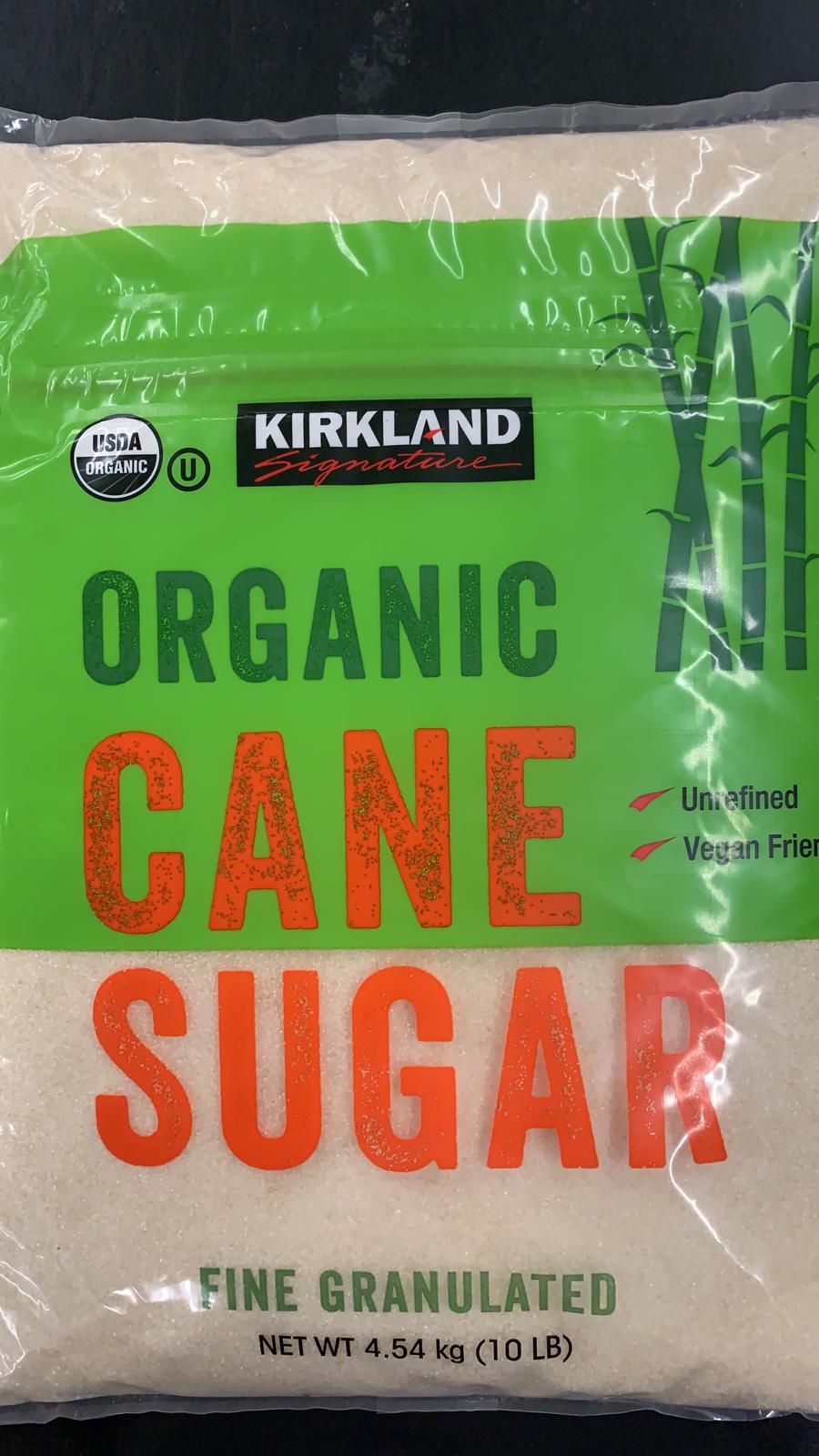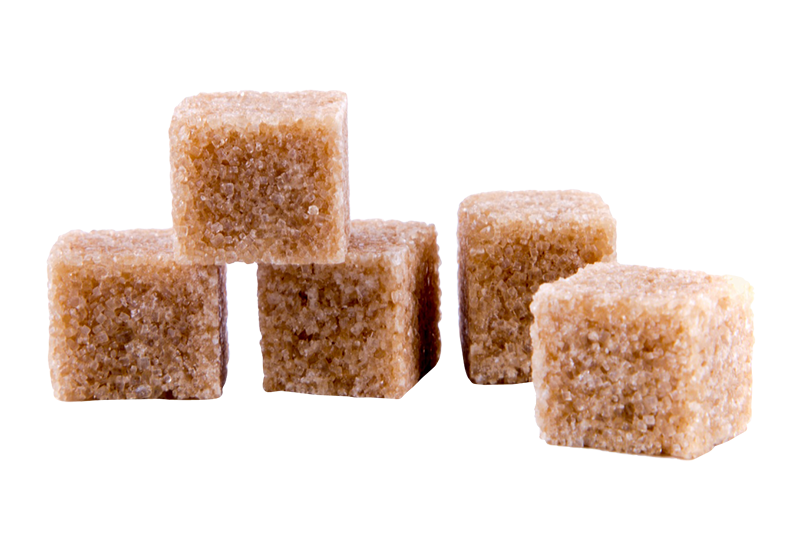Effective Cane Sugar Processing: Making The Most Of Yield and Purity
Effective Cane Sugar Processing: Making The Most Of Yield and Purity
Blog Article
An In-depth Summary of the Health and Economic Ramifications of Walking Cane Sugar Handling on Regional Areas
Walking cane sugar handling plays an essential function in shaping the financial landscape of regional communities, providing employment chances and promoting ancillary sectors. The health implications associated with high sugar intake can not be forgotten, as they add to increasing rates of weight problems and diabetic issues.
Financial Advantages of Cane Sugar Handling
Walking stick sugar handling provides substantial financial advantages that prolong past the immediate agricultural sector. The cultivation and processing of sugarcane develop numerous task possibilities, from farming to manufacturing and circulation. This work generation not just sustains regional economic situations however also cultivates area development by supplying steady income sources for families.
Furthermore, the sugar industry stimulates supplementary businesses, consisting of transportation, devices supply, and packaging services (Cane Sugar Processing). As these fields grow, they add to a more durable financial framework, enhancing overall area durability. The export possibility of processed cane sugar better intensifies economic advantages, placing areas as competitive gamers in international markets
Investment in contemporary handling facilities can lead to raised performance and effectiveness, consequently minimizing waste and maximizing source use. This change not only profits the regional economy yet additionally sustains sustainability efforts by decreasing ecological effects.
Additionally, the revenue produced from walking cane sugar handling can be reinvested in local framework, education and learning, and medical care, advertising all natural area development. Generally, the financial advantages of walking stick sugar processing are diverse, offering a foundation for enduring prosperity in farming areas.
Health Risks Connected With Sugar Usage
Excessive sugar consumption postures significant health and wellness risks that require major interest. High consumption of included sugars, especially from processed foods and drinks, has actually been linked to many health difficulties.
Furthermore, high sugar intake is related to cardio illness. Raised blood glucose levels can lead to insulin resistance, a forerunner to different heart-related concerns. Furthermore, sugar can have damaging impacts on dental wellness, resulting in dental caries and gum tissue disease, as germs in the mouth prosper on sugar, generating acids that deteriorate tooth enamel.
Additionally, arising study suggests a prospective web link in between high sugar consumption and mental wellness disorders, such as anxiety and anxiousness. As communities come to grips with these wellness risks, it ends up being important to advertise recognition and urge healthier dietary choices. Resolving sugar consumption is critical not only for individual health yet additionally for the general well-being of regional neighborhoods, emphasizing the need for extensive public health and wellness methods.
Ecological Influences of Sugar Production
Frequently ignored in discussions concerning sugar's ramifications is the substantial environmental effect of sugar manufacturing. The cultivation of sugarcane typically demands extensive land usage, bring about deforestation, loss of biodiversity, and disturbance of regional ecosystems. The conversion of woodlands and wetlands into sugar vineyards can cause environment damage, harmful many types and altering eco-friendly balance.
In addition, sugar manufacturing is resource-intensive, consuming considerable amounts of water for irrigation. This can lead to depletion of neighborhood water sources, adversely affecting both farming methods and area access to clean water. Additionally, making use of chemical fertilizers and pesticides in sugarcane farming can contribute to dirt degradation and water air pollution, as overflow from these chemicals enters neighboring rivers and lakes, affecting marine life and human wellness.
The environmental impact reaches the handling stage, where energy navigate to this website usage and waste generation further worsen environmental concerns. Air contamination from burning sugarcane areas, in addition to greenhouse gas discharges, add to climate adjustment. Because of this, the ecological ramifications of sugar manufacturing warrant major consideration, prompting stakeholders to adopt even more sustainable methods to alleviate these unfavorable results on local ecological communities and areas.
Job Development and Area Advancement
The environmental difficulties postured by sugar production are often counteracted by its potential for economic advantages, particularly in work creation and community advancement. The cane sugar industry functions as a significant source of employment in several country areas, providing jobs across different skill degrees, from farming labor to handling and circulation functions. This work not only supports specific family members but also adds to the total financial vigor of local neighborhoods.
Moreover, the establishment of sugar processing facilities boosts secondary organizations, such as transport services, devices supply, and maintenance service providers. As these services prosper, they develop additional jobs and reinforce regional economic situations. The earnings created from the sugar sector additionally leads to enhanced tax revenues, which can be reinvested right into neighborhood services such as education and learning, facilities, and health care advancement.
Furthermore, the sugar industry usually takes part in community growth campaigns, such as supporting neighborhood schools and wellness programs, thereby enhancing the top quality of life for locals. By cultivating strong community connections and advertising economic development, the walking stick sugar handling industry plays an essential function in uplifting neighborhood populations, making it a vital part of sustainable growth techniques in sugar-producing areas.
Balancing Health And Wellness and Economic Development
In navigating the intricacies of cane sugar processing, a critical obstacle lies in stabilizing wellness considerations with economic development. The sugar industry considerably adds to local economic situations by producing work, stimulating related industries, and boosting tax obligation revenues. Nevertheless, the wellness implications associated with extreme sugar intake can bring about chronic illness such as excessive weight, diabetes mellitus, and cardio problems, which can worry public health systems and reduce workforce efficiency.

In addition, regulative frameworks can play an essential duty in directing market practices in the direction of more health-conscious and lasting techniques. By cultivating partnership in between federal government bodies, health companies, and the sugar sector, communities can navigate the duality of health and economic growth, making sure that the advantages of walking cane sugar handling are equitably shared while focusing on public health.
Conclusion
To conclude, the handling of walking stick sugar offers both substantial financial benefits and noteworthy health threats for local communities. While it promotes task creation and boosts local development, the associated health and wellness concerns, specifically concerning weight problems and diabetes mellitus, demand a careful harmonizing act. By advertising liable intake and investing in community education and sustainable techniques, it is possible to check it out optimize economic advantages while lessening damaging wellness results, thus making certain a much healthier future for local populations.
Additionally, sugar can have damaging impacts on oral health, resulting in tooth cavities and periodontal illness, as germs in the mouth thrive on sugar, generating acids that wear down tooth enamel.
Dealing with sugar consumption is crucial not just for individual wellness however also for the general well-being of regional communities, stressing the need for thorough public health and wellness strategies.
Regularly forgotten in discussions about sugar's effects i was reading this is the substantial ecological impact of sugar manufacturing. The wellness effects linked with too much sugar consumption can lead to persistent illness such as excessive weight, diabetic issues, and cardio issues, which can concern public wellness systems and decrease labor force productivity.

Report this page